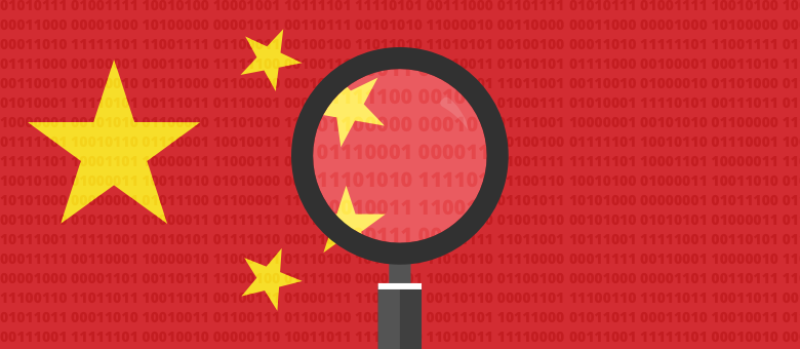
Censorship
China’s Anti-Terror Law Allows Decryption “On Demand”
A new anti-terror law, which includes provisions for Internet surveillance, went into effect in China on January 1. The law requires telecos and Internet providers to decrypt communications when requested by the government. As outlined in the law companies must provide: “technical interfaces, decryption and other technical support assistance to public security organs and state security organs conducting prevention and investigation of terrorist activities in accordance with law.”
This means that Chinese authorities have the ability to conduct surveillance on communications upon request – including those that are encrypted. Despite this provision, the law doesn’t specifically prohibit encryption backdoors (although this language was initially included in a previous draft version of the law).
China says the law is consistent with other countries’ efforts to fight terrorism, so the law should not be criticized. Despite this claim, many find China’s definition of terrorism too broad, increasing the amount of censorship power the Chinese government has. As the New York Times reported, the law passed after “months of international controversy, including criticism from human rights groups, business lobbies and President Obama.”
China has a long history of Internet censorship, so a law like this comes as no surprise. Learn more about Internet censorship in China, and ways you can escape this censorship.
Sources: Ars Technica and the Wall Street Journal

